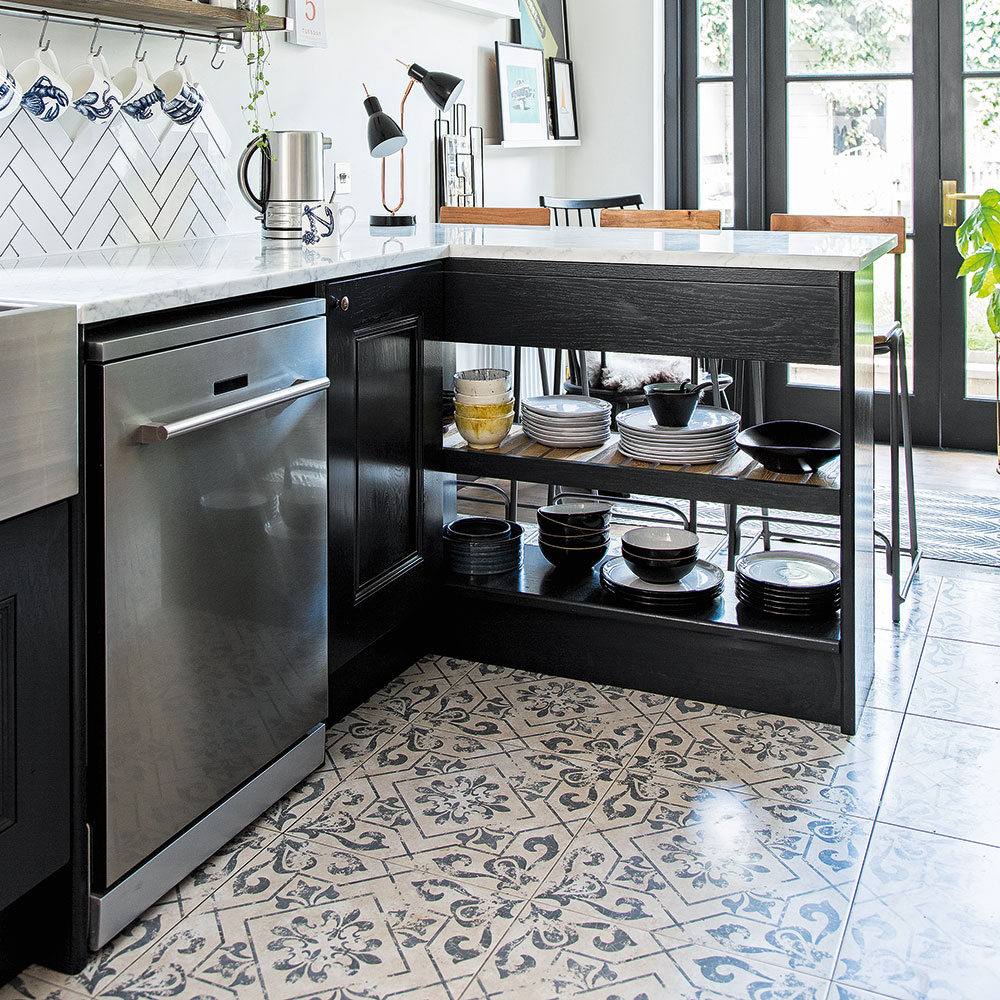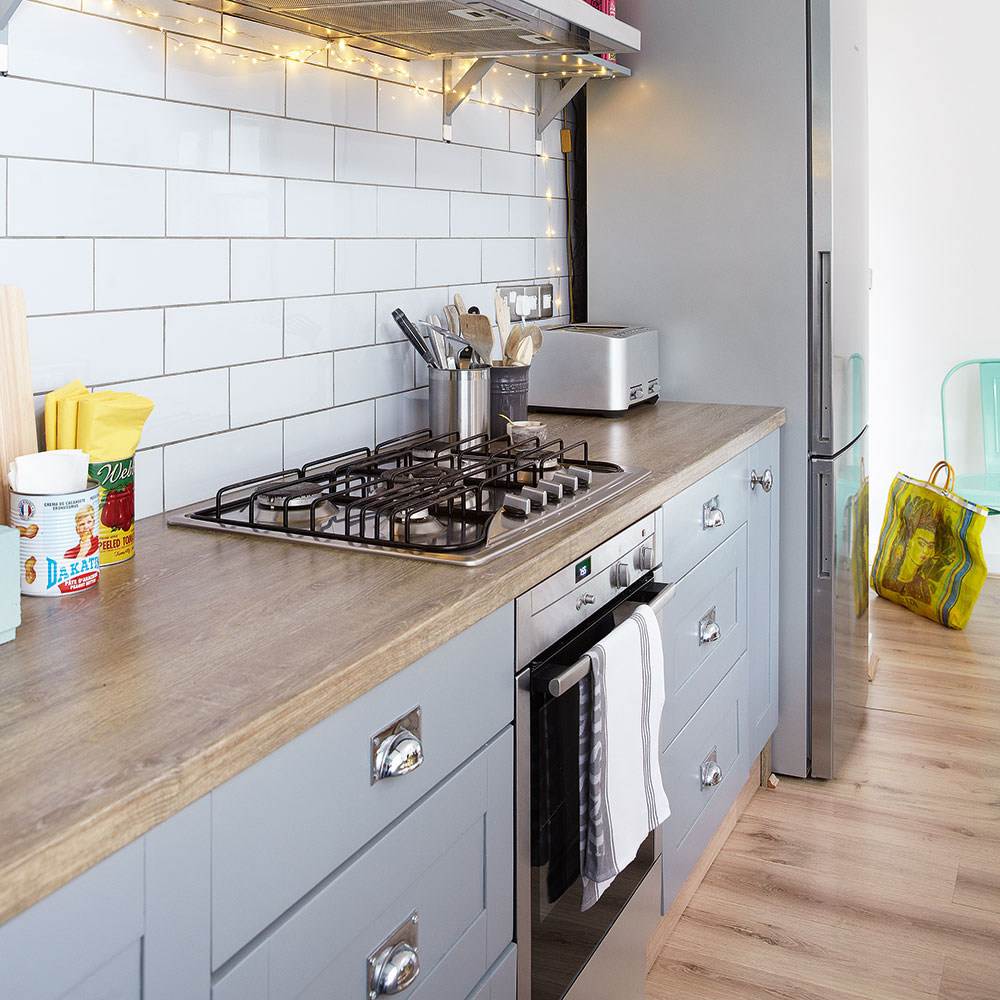The big dishwasher debate – do you put cutlery up or down?
It's a question that divide the best of friends.
Many arguments can stir up families and create feuds with friends.
What came first, the Chicken or the Egg? What's better, Corrie or Eastenders? Chinese or curry for dinner?
Related: Asda mermaid cutlery and accessories making a splash with happy customers
But there's one age-old debate that's never been put to bed, and that's how to load cutlery in a dishwasher. Should you put your cutlery up or down?
What's all the fuss about?
This argument can divide almost anyone, from dishwasher veterans to safety-conscious souls.
The key argument over putting them down is whether it's safer to have sharp edges pointing away from people in case of accident.

While those in favour of 'up' believe that way utensils get a much better clean with less chance of water spots.
Sign up to our newsletter for style inspiration, real homes, project and garden advice and shopping know-how
But not even the dishwasher companies know themselves what's best. Some manuals say that forks and spoons should stay up, but knives down for safety reasons. Although others recommend placing all cutlery unsorted with the tips face down, in the basket.
To save future arguments, Choice product reviewer Ashley Iredale gave his ruling and declares that all cutlery in the dishwasher should be placed...
... DOWN!
Ashley said there are a variety of reasons why it's vital to place knives, forks and spoons down. Here's what you need to know:
Swerve those smudges
When you're handling handles, it means you're not leaving marks on the eating ends of your cutlery. This means no spotting any embarrassing fingerprints during dinner parties.
It also means you're avoiding your mouth coming into contact with germs or bacteria that may come from people removing cutlery upwards.

'Your fingers are covered in germs and bacteria. So obviously you want to minimise touching any surface that's going to come into contact with your food if you can,' Ashley advises.
It makes unloading easier
It's simple really. If the handles are facing upwards, you can grab them easily and get them into the drawer with no fuss.
'It goes slightly smoother if everything's facing the same direction from the outset,' says Ash.
'It's not a huge deal – you're saving seconds, not days. But hey, the whole point of a dishwasher is to save time and effort in the kitchen, so every little bit counts.'
It's safer
It's something everyone already knows, even people who stack cutlery upwards. You're at less risk of injury by pointing the sharp sides down.

Ash mentions: 'The last thing you want to do is get your clean knives and forks dirty again by bleeding all over them because you stabbed yourself reaching into the tub without due care and attention.'
'While you'd have to be especially aggressive to do yourself an injury on a spoon, forks can do just as much damage to you as knives if they're tines up.'
Won't you get water marks?
Ash admits that the downside to the 'down' argument is that it may leave blemishes on the cutlery as the water runs down the blade.
He adds that this a particular issue with cheaper, harsher dishwasher powders.
But his advice is to quickly polish off water or rust spots with a tea towel or soft cloth.